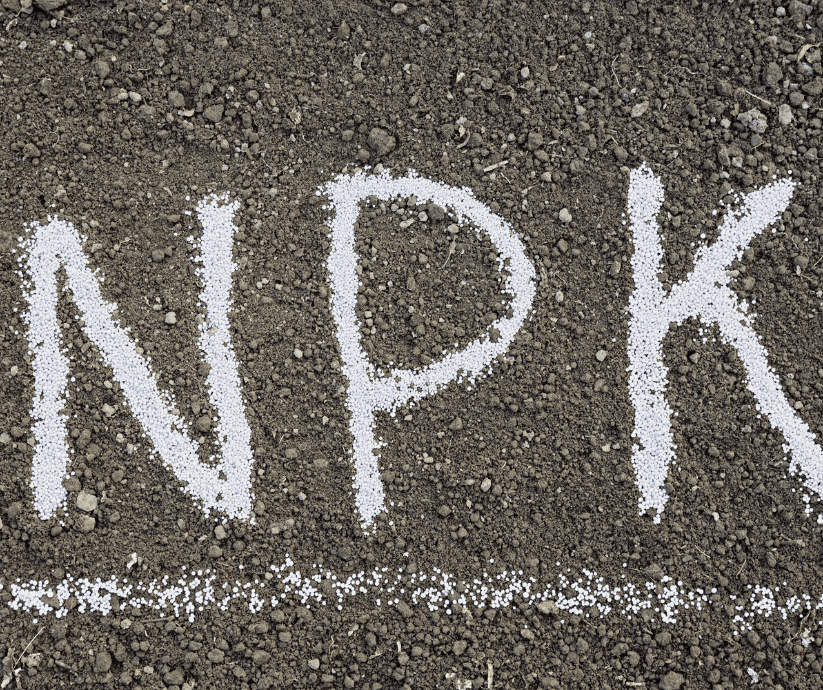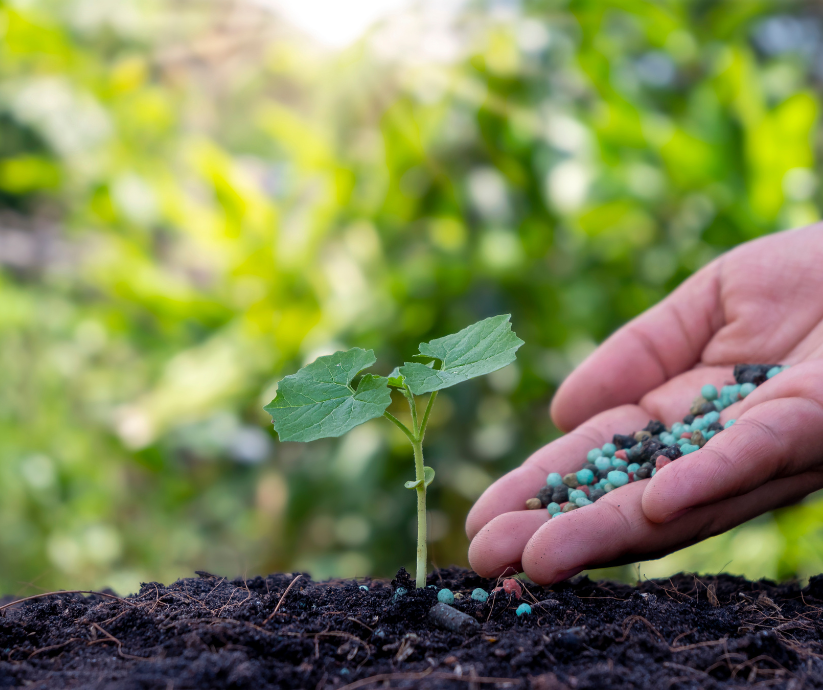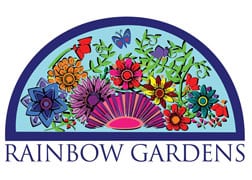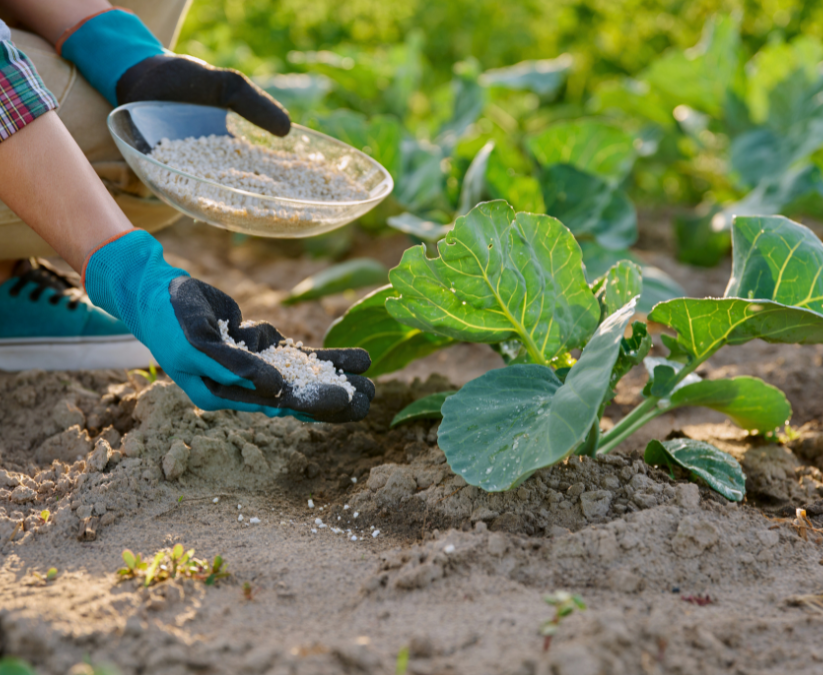Today, we’re diving into the world of fertilizing vegetable gardens. When you’re just starting out, it can seem a little overwhelming. What fertilizer goes with what vegetable and why? Understanding the essentials of fertilization can make a world of difference in the bountiful harvest you can enjoy when growing your veggie garden.
Fertilizer is like a multivitamin for your plants. It’s a substance that provides essential nutrients to help your vegetables grow strong and healthy. The three primary nutrients found in most fertilizers are nitrogen (N), phosphorus (P), and potassium (K). Let’s break down what each of these elements does:
- Nitrogen (N): This nutrient is crucial for big leafy, vegetative growth and thick stems. It helps plants produce chlorophyll, which is vital for photosynthesis—the process plants use to convert sunlight into food. Without sufficient nitrogen, your plants may develop yellow leaves and stunted growth.
- Phosphorus (P): Phosphorus is key for root development and flowering and fruit. It supports the energy transfer within the plant, which is necessary for growth and reproduction; also assists with photosynthesis. A deficiency in phosphorus can lead to poor root systems and fewer flowers and fruits.
- Potassium (K): Potassium helps with overall plant health. It strengthens the plant’s ability to resist diseases, supports water regulation, and also aids in photosynthesis and the development of fruit. Plants lacking potassium might be weak and become more susceptible to pests and diseases.

When you start a new vegetable garden, adding rich, organic material like compost to your native soil helps give you a good base for a healthy start for your plants. Mixing a balanced, slow-release fertilizer into the soil a few weeks before planting ensures that the young plants have immediate access to the nutrients they need. A complete fertilizer that provides an equal ratio of nitrogen, phosphorus, and potassium into your garden beds is ideal. These slow-release, complete fertilizers are granular, and often labeled as 10-10-10, or 20-20-20, or something where all the numbers are equal.
When it comes to using synthetic or organic fertilizer, your vegetables won’t be able to distinguish between the two. They will receive the same nutrients regardless of the type of fertilizer used. The difference is that organic fertilizers will actually improve your soil quality over time. When I’m planting inground gardens, I generally choose organic fertilizers so that I’m feeding both my vegetables and my soil. When container gardening, I’m not quite as choosy.
Which Fertilizer Vegetables Need
As your vegetables grow, continue to feed them with the complete fertilizer every few weeks or whenever the label on the package advises. Avoid over-fertilizing, which can harm your plants. You can supplement every couple of weeks with a liquid (or water soluble) fertilizer that matches the general needs of the following vegetable groups.
While each vegetable has its own specific needs, here are some general tips for basic fertilizing:
- Leafy Greens (lettuce, spinach, kale): These plants thrive on nitrogen, so a fertilizer higher in nitrogen will support their lush, green leaves. Look for a supplemental liquid fertilizer that has a higher 1st number on the label.
- Root Vegetables (carrots, radishes, beets): These veggies benefit from phosphorus, which encourages strong root development. Look for a supplemental liquid fertilizer that has a higher 2nd number on the label.
- Fruit-bearing Plants (tomatoes, peppers, cucumbers): A balanced fertilizer works well, but as they start to flower and fruit, a boost of phosphorous can help improve fruit quality. Look for a supplemental liquid fertilizer that has a higher 2nd number on the label.

If your vegetable plants don’t get the proper nutrients, they may show various signs of distress. Yellowing leaves, poor growth, low yields, and increased susceptibility to pests and diseases are all indicators that your plants might be nutrient-deficient. Regular feeding with the right fertilizer, as well as proper watering and daily observation can help prevent these issues and keep your garden thriving.
Happy gardening! May your vegetables grow lush and your harvest be plentiful. If you have any questions or need more specific advice, feel free to reach out. We’ll also keep bringing you more info on growing vegetables. We’re here to help you cultivate a garden that’s the envy of the neighborhood!
~ The Happy Gardener, Lisa Mulroy

